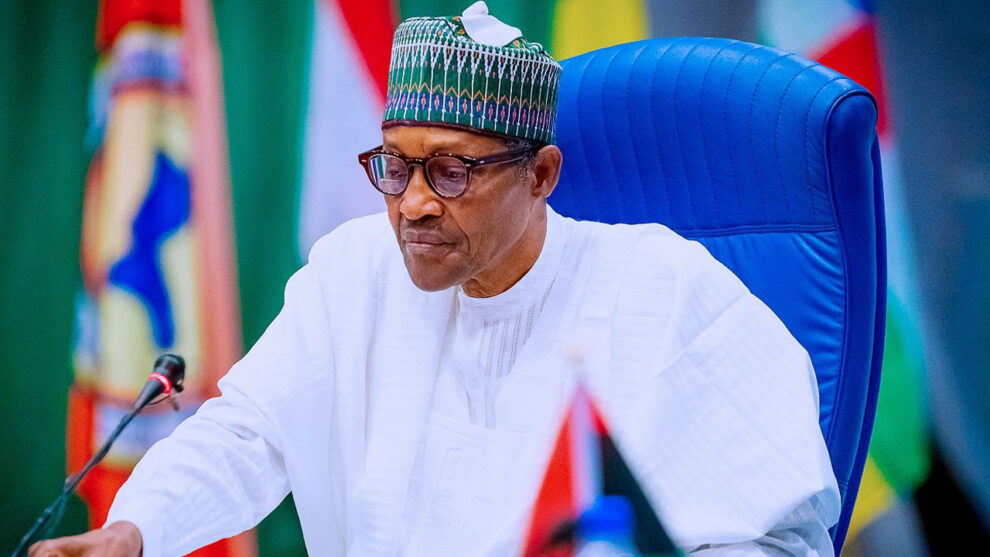President Muhammadu Buhari, yesterday, inaugurated the National Council for Digital Innovation and Entrepreneurship, with a mandate to see to the implementation of the Nigeria Startup Act (NSA) 2022.
Speaking at the inauguration of the 14-member council, chaired by him, the President directed the secretariat and National Information Technology Development Agency (NITDA) to ensure faithful execution of the law, which provides incentives and support for startups, including tax breaks and access to funding.
The swearing-in preceded the Federal Executive Council (FEC) meeting.
Buhari noted that the country has been at the forefront of remarkable growth of startups in Africa, with Nigerian establishments raising over $4 billion between 2019 and 2022.
He said: “It is worth noting the remarkable growth of start-ups worldwide, with over $400 billion of venture funding accessed in 2022.
“This growth was fuelled by a surge in demand for digital services, as people worldwide turned to technology to stay connected, work remotely and access essential goods and services largely due to the COVID-19 pandemic.
“In Africa, the startup ecosystem has also been growing at a remarkable pace.
“In 2022, African startups raised a record of $5.4 billion in funding.”
The Nigerian leader, therefore, charged members of the council to harness potential of the country’s young and innovative population, who have demonstrated ingenuity, creativity and entrepreneurial spirit in creating innovative solutions to challenges of the nation and continent.
“With this inauguration, which serves as our first meeting, I hereby direct the Minister of Communications and Digital Economy, Prof. Isa Ali Ibrahim (Pantami), to convene another meeting of the council in May 2023 to make further progress on implementation of the Act,” he stated.
Describing the law as a testament to the vision and commitment of his administration to harness potential of Nigeria’s youthful and innovative population, the President recalled that it was developed in collaboration with his office and the Federal Ministry of Communications and Digital Economy, with the support of the tech ecosystem.
He explained that the Act, which became law after its approval by the Federal Executive Council on 15th December 15, 2021 and the presidential assent on October 19, 2022, provides incentives and support for startups such as tax breaks, access to funding, ease of doing business, intellectual property protection and participation in public procurement.
He particularly commended the minister and Chief of Staff, Prof. Ibrahim Gambari, for making the law see light of day.
Members of the council include the Vice President as Vice Chairman; minister, who will preside over the body in the absence of the President and Vice President; Minister of Finance, Budget and National Planning; Minister of Industry, Trade and Investment; Minister of Science, Technology and Innovation and Governor of the Central Bank of Nigeria (CBN).
Others are four representatives of the Startup Consultative Forum, one representative of the Nigerian Computer Society, one representative of the Computer Professionals (Registration Council of Nigeria) and NITDA Director-General, who is serving as secretary of the council.
In his remarks, Pantami noted that it is widely accepted that innovation and entrepreneurship are the two prerequisites for building an indigenous digital economy.
He said the council’s inauguration would support the administration to consolidate gains recorded in the digital economy sector.
Source : Guardian
















